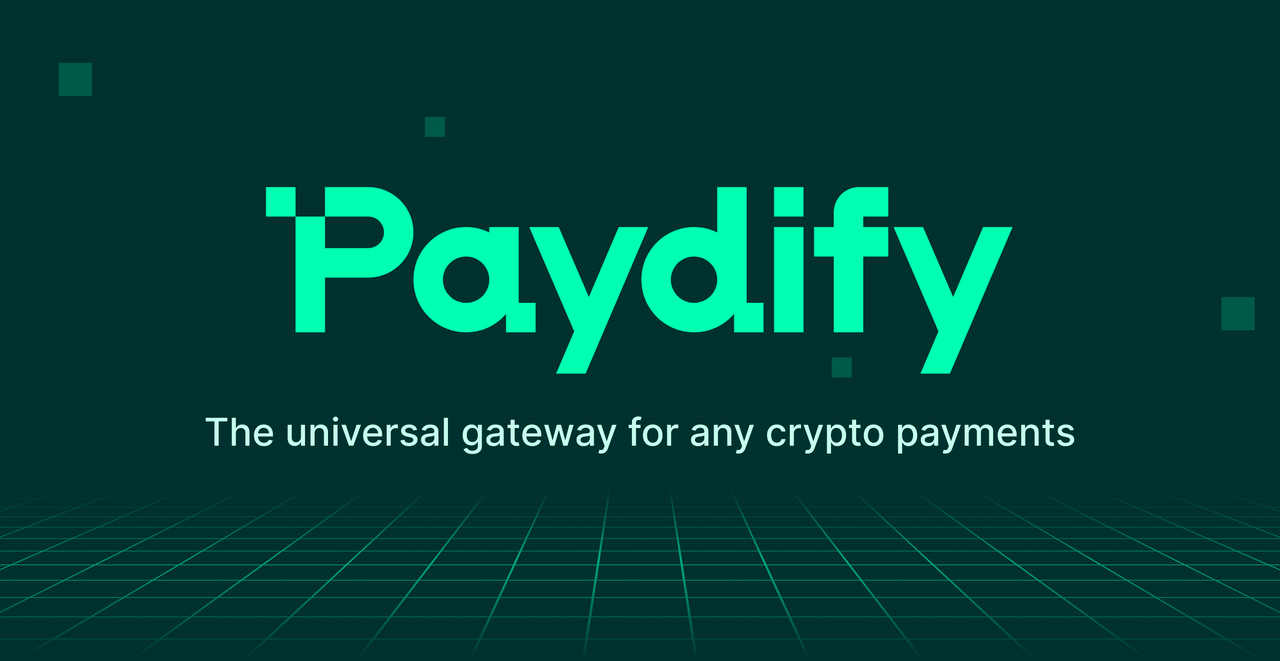Kamala Harris and Donald Trump, two former presidential rivals now compete on Polymarket, a platform for political betting, over who will be the next US president. This unexpected confrontation raises many questions about the future of US politics and the growing role of predictive markets in public debate.
Polymarket: The New Playing Field of Politics
Polymarket, a decentralized betting platform based on blockchain, has been growing in popularity in recent months. By allowing users to bet on future events, Polymarket offers an innovative way to predict and analyze political trends. The arrival of prominent political figures like Harris and Trump on the platform is evidence of its growing influence in the US political landscape.
Polymarket betting currently suggests that Trump has a slight lead over Harris in the 2024 presidential race. However, it is important to note that these markets are volatile and positions can change rapidly as events and information emerge. Both candidates will therefore have to redouble their efforts to convince the gamblers of their potential in the White House.
The Impact of Predictive Markets on Policy
The rise of predictive markets like Polymarket raises questions about their potential influence on the democratic process. On the one hand, these platforms provide a transparent and decentralized platform for discussing and analyzing policy issues. Betting can provide valuable information on public perceptions and serve as a barometer for candidates.
However, there are also concerns about the risks of manipulation and misinformation in these markets. Malicious actors may seek to influence the courts in order to serve their own political interests. Moreover, the speculative nature of betting could encourage a reductionist approach to politics, where candidates are judged primarily on their chances of winning rather than on their programs and values.














